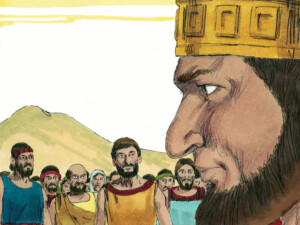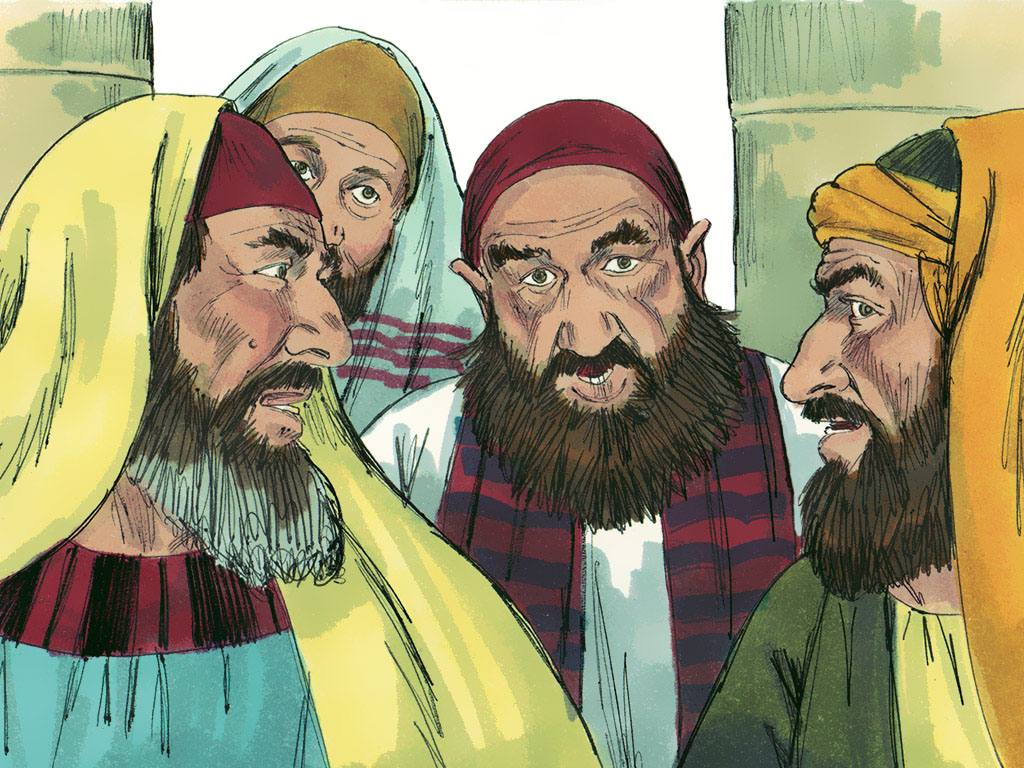How Kindness in Leadership Earns Loyalty
 A father’s imperfect example
A father’s imperfect example
Solomon exhibited kindness in leadership. The wisest man who ever lived raised a son who lost out on that wealth of wisdom. God Himself gave Solomon his wisdom, and God stated Solomon was the wisest of the wise.
During the course of his life, Solomon allowed his foreign wives to turn his heart from God. God promised him that because of his actions, the kingdom was going to be divided. Yet, because he first asked for wisdom over wealth, God blessed him with wisdom and riches. That’s why Solomon was such a successful leader: he had wisdom.
We don’t know how well Rehoboam knew his father. How much time he spent with his father is unknown. Yet, he saw how he ruled his kingdom, and he knew the following his father had. Surely he had opportunity to observe his father as he handled the reins of Israel.Who would not want to listen to advice from the wisest man who ever lived? Who would not want to listen to this man’s advisors, the men who helped steer the course of their nation in a way that was profitable and that brought loyalty from its subjects?
Wisdom deferred
 He didn’t. When Rehoboam became king after his father’s death, it seems the power went to his head. The people of Israel came to their new king and asked for their work to be lightened. They said, “If you will lighten our load, we will serve you all of our lives.”
He didn’t. When Rehoboam became king after his father’s death, it seems the power went to his head. The people of Israel came to their new king and asked for their work to be lightened. They said, “If you will lighten our load, we will serve you all of our lives.”
Rehoboam sent them away and told them to come back in three days for an answer. During those three days, he asked counsel of two different groups of people: (1) his father’s advisors who were seasoned; (2) his peers whom he had grown up with and who were novices.
Choosing who to listen to
The older group told him to lighten the load as he was asked. “If you lead and treat them kindly, they will always serve you,” the sages advised.
The younger group instructed him to make the load heavier. He followed their advice instead. Rehoboam was not interested in kindness in leadership.
“My little finger is bigger than my father’s legs!” he told them, thereby ushering in forced labor. Instead of showing kindness, he was snobbish. He was a driven man and became a dictator instead of a leader.
 He found pleasure in increasing the oppression of his subjects. Rehoboam’s attitude and actions cost Israel greatly. It was his downfall. You can read the story here and here.
He found pleasure in increasing the oppression of his subjects. Rehoboam’s attitude and actions cost Israel greatly. It was his downfall. You can read the story here and here.
Rehoboam’s kingdom was divided and he lost their loyalty. He lost the ten northern tribes of Israel. This nation was separated for over 200 years.
The rest of the story
God dealt punishment because of the sins of Solomon and of Rehoboam. We can choose how we will lead others, but we cannot choose the fallout of our lack of leadership or poor leadership. Whether we’re working in business, community activities, home, or at church, kindness in leadership breeds loyalty. The way to have a following is not in being a taskmaster. Loyalty comes from being led gently, kindly, and firmly. The type of leader – dictator or shepherd – will breed the type of following we have.








